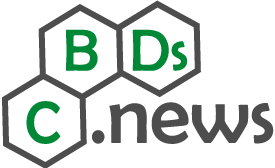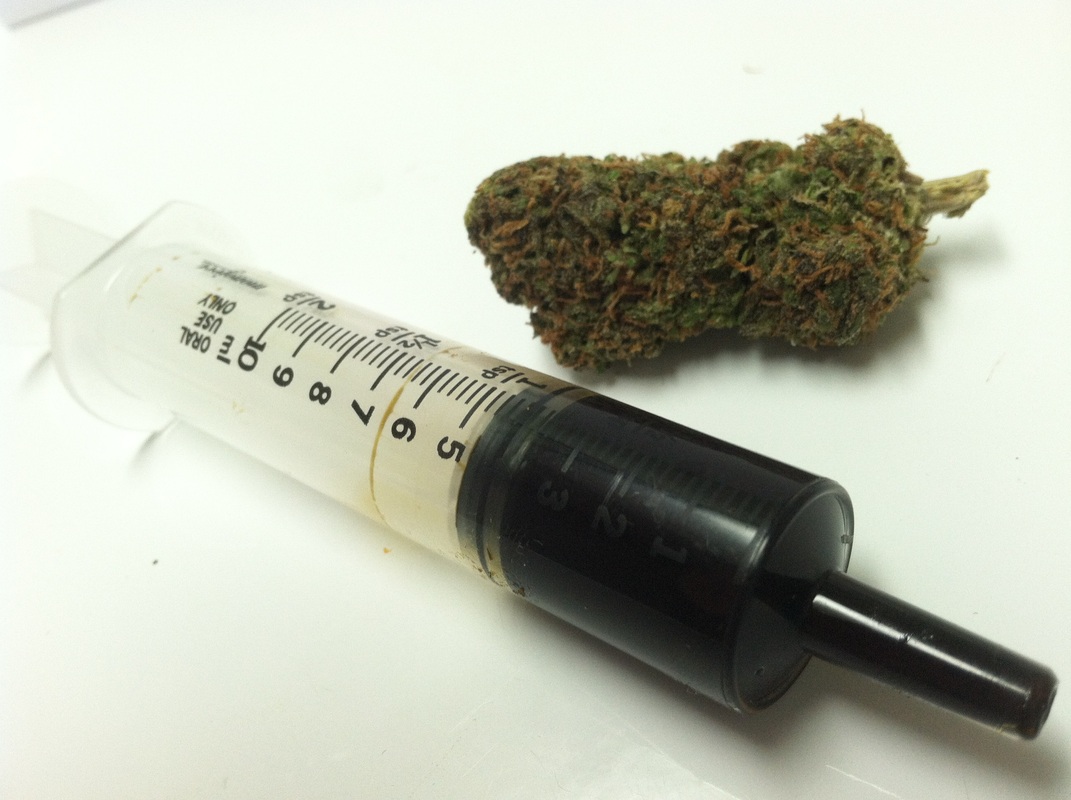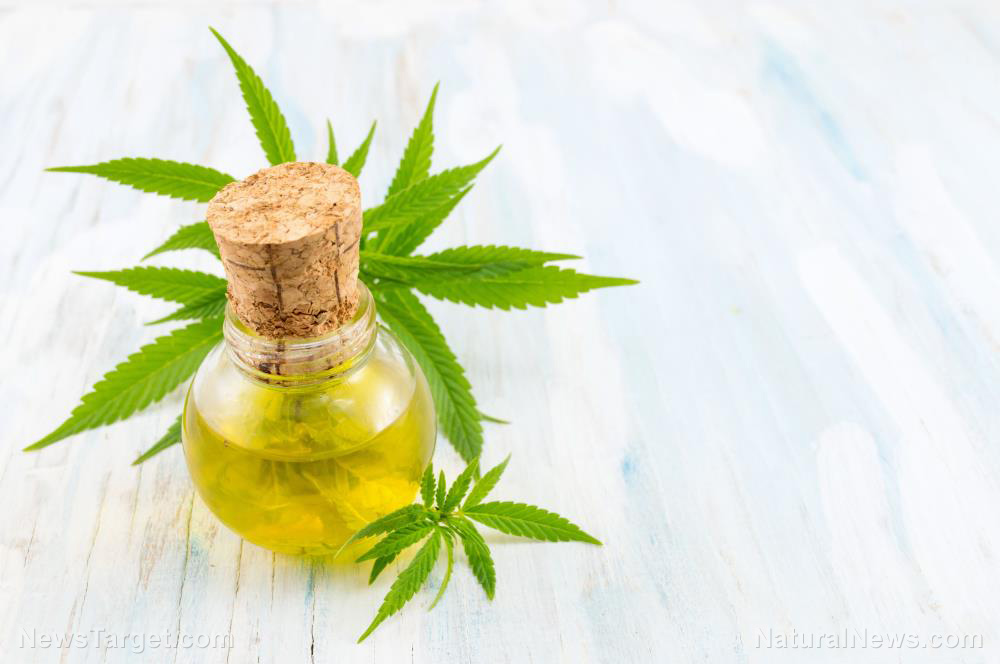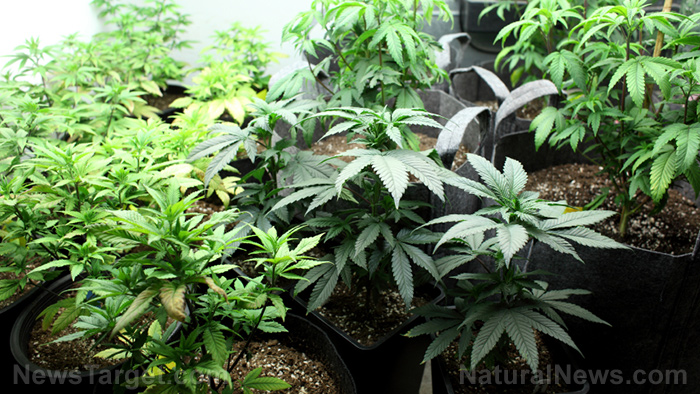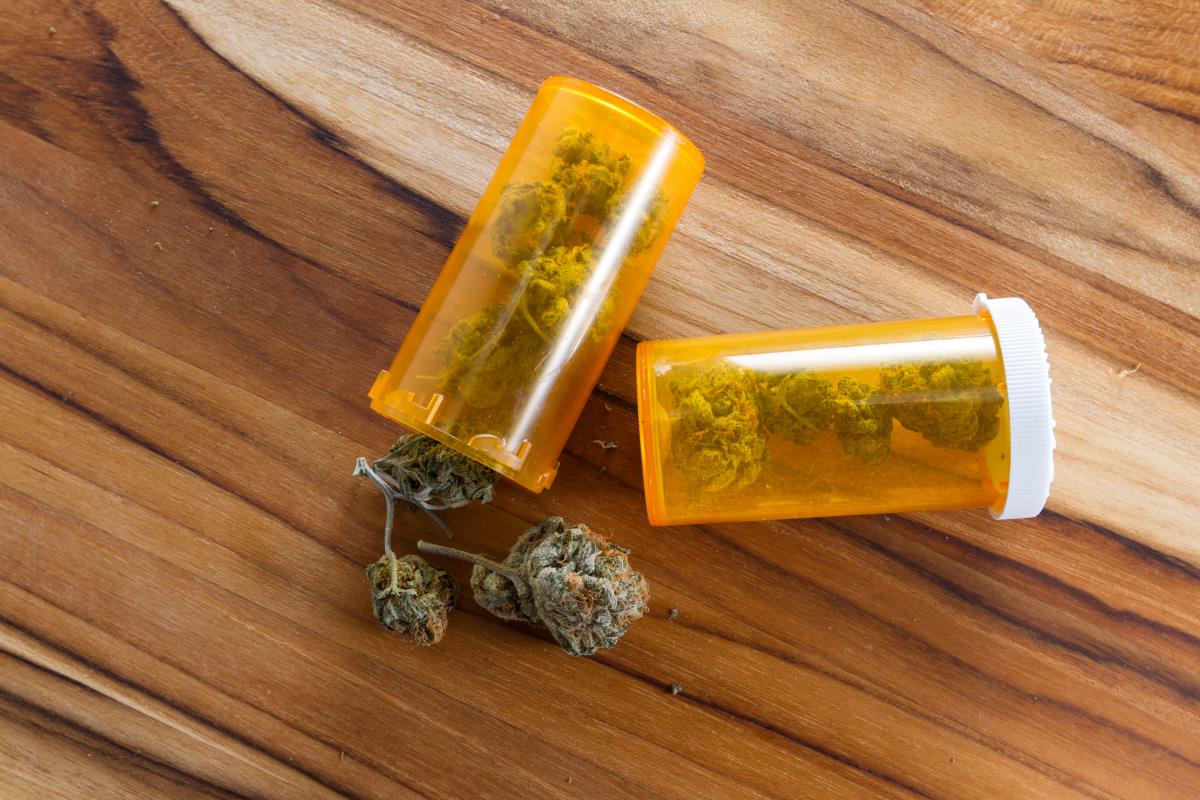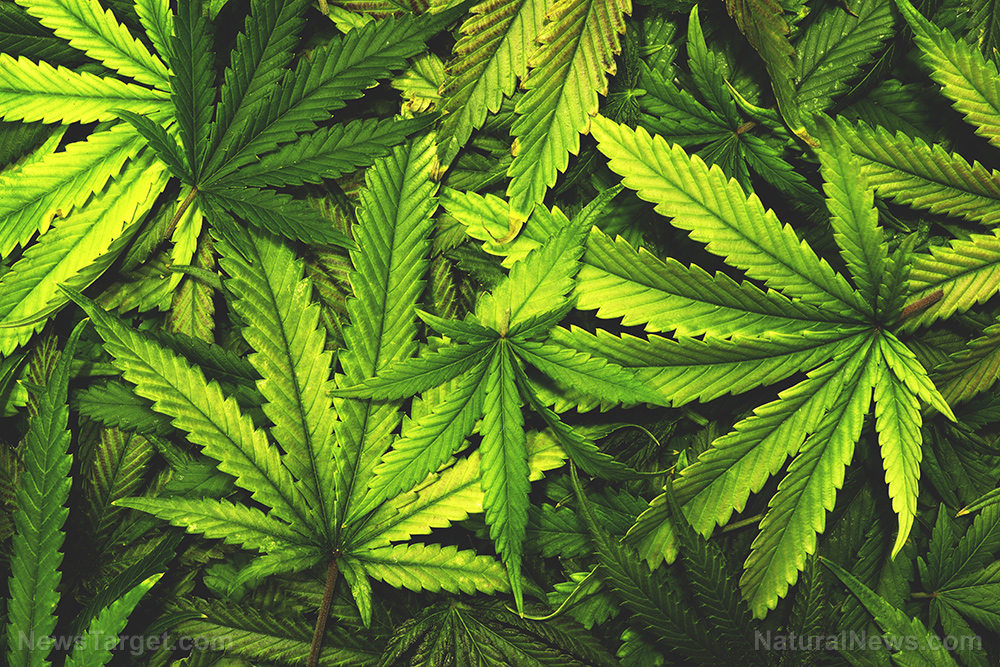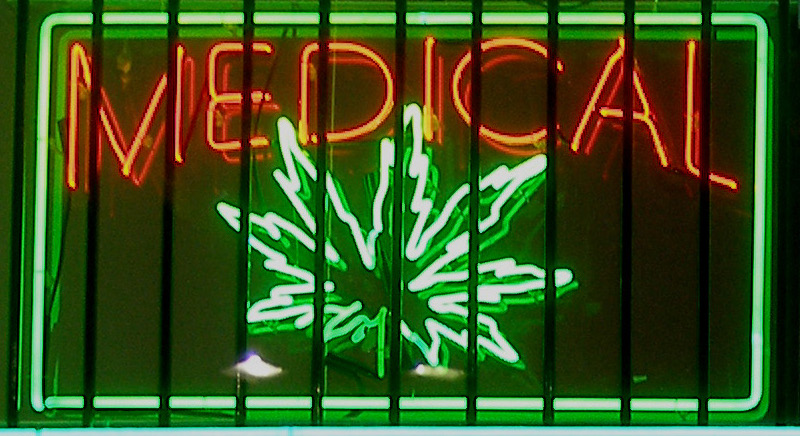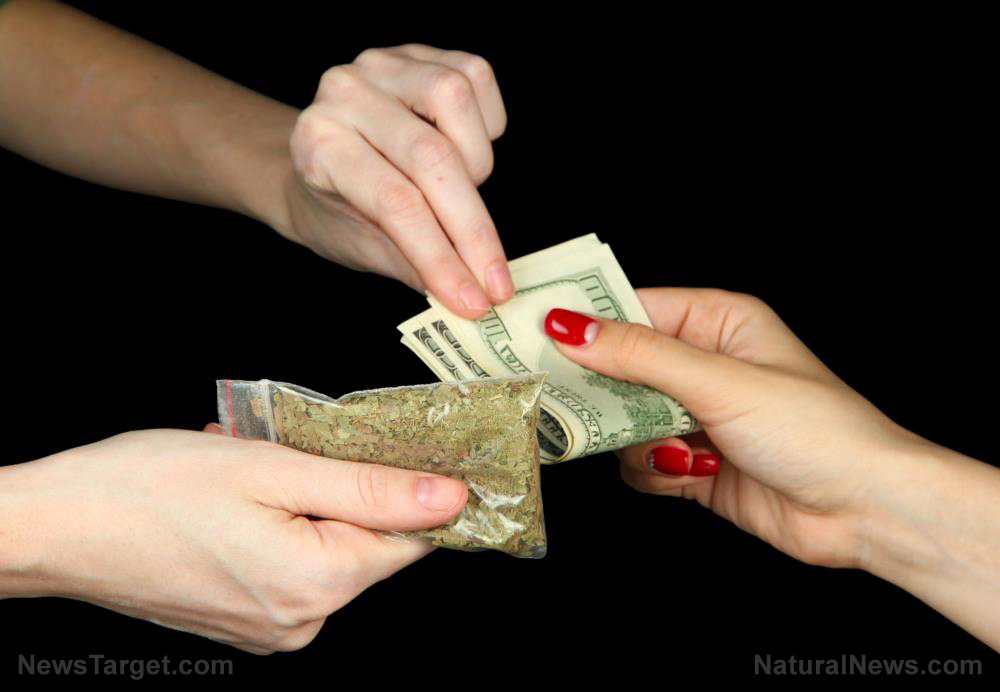Cannabidiol found to dramatically decrease frequency of epilepsy seizures
03/08/2018 / By Ethan Huff
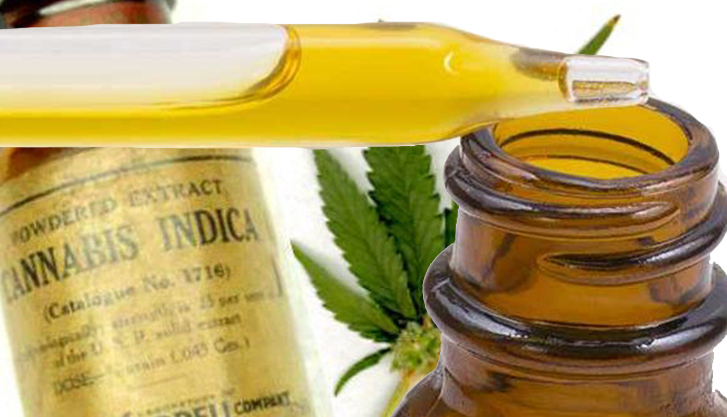
Even as the pharmaceutical industry has continued to develop a steady stream of new drugs for treating epilepsy, not much has changed in terms of the overall number of drug-resistant cases of the neurological disease – suggesting that the drugs just aren’t working. This is why many people are now turning to all-natural cannabidiol instead.
A recent scientific review of cannabidiol, a major constituent of the cannabis plant that’s commonly referred to as CBD, found that this powerful cannabinoid actually works better than pharmaceuticals at keeping epilepsy under control – though how it does this is still unknown.
Researchers from the United Kingdom looked at three different papers for their review discussing the clinical uses of CBD for treating multiple variations of epilepsy. The first describes a small case series in which CBD was used to treat a rare pediatric epilepsy syndrome known as febrile infection-related epilepsy syndrome, or FIRES.
CBD found in three separate studies to dramatically decrease seizure frequency
In the first study, seven children from five United States-based hospitals were given CBD as part of an investigational new drug protocol. Two of the children started taking CBD in the acute phase of the condition, which is characterized by a febrile illness followed by very frequent multi-focal seizures with refractory status epilepticus. The remaining five started taking CBD in the chronic phase, which is characterized by pharmacoresistant epilepsy marked by significant cognitive and behavioral effects.
Prior to taking CBD, all of the children had been given an average of seven anti-epileptic drugs each, as well as steroids and intravenous immunoglobulin. All but one of the child patients was assigned to adhere to either a ketogenic or modified Atkins diet, and five were given trials of multiple anesthetic agents.
After this, each of the seven was given somewhere between 15 – 25 milligrams per kilogram of CBD daily, the effects in one of the acute patients being a complete cessation of epilepticus status. The remaining five in the chronic phase saw mean decreases in seizure frequency of 91 percent after four weeks, and 65 percent after 48 weeks when compared with pre-treatment seizure frequency.
In the second study, an open-label study series looked at both children and young adults with intractable childhood onset epilepsy from 11 U.S.-based epilepsy centers. All of the patients suffered four or more seizures with a motor component monthly, and all were assigned stable doses of epilepsy drugs for a least a month prior to enrollment.
After taking CBD, the patients as a whole saw a median reduction in monthly motor seizure frequency of 36.5 percent. Nearly 40 percent of patients saw a reduction by more than 50 percent in their motor seizure frequency, while 21 percent saw a reduction by more than 70 percent in their motor seizure frequency.
In the third and final study evaluated, researchers looked specifically at patients with Dravet syndrome, a severe form of epileptic encephalopathy that usually emerges within the first year of a person’s life. This double-blind, randomized, placebo-controlled trial recruited patients from 23 epilepsy centers from across the U.S. and Europe.
All of the patients had been taking at least one anti-epilepsy drug, and each one suffered from at least four convulsive seizures in a four-week period. Of these, 120 patients were randomized, with 61 of them assigned to take CBD and 59 assigned to take a placebo. Among the 108 patients who completed the trial, there was an average 38.9 percent decrease in median monthly convulsive seizure frequency among those taking CBD, and only a 13.3 percent decrease in the placebo group.
Based on the findings of these three papers, the U.K. researchers who evaluated them concluded that CBD is a useful remedy for epilepsy, as is tetrahydrocannabinol, or THC, CBD’s psychoactive cousin – though CBD works better, they say.
See more news on the therapeutic effects of CBD at CBDs.news.
Sources for this article include:
Tagged Under: botanical medicine, cannabidiol, cannabis, CBD, dravet syndrome, Epilepsy, medical marijuana, natural cures, natural medicine, neurological disease, remedies, seizures, THC
